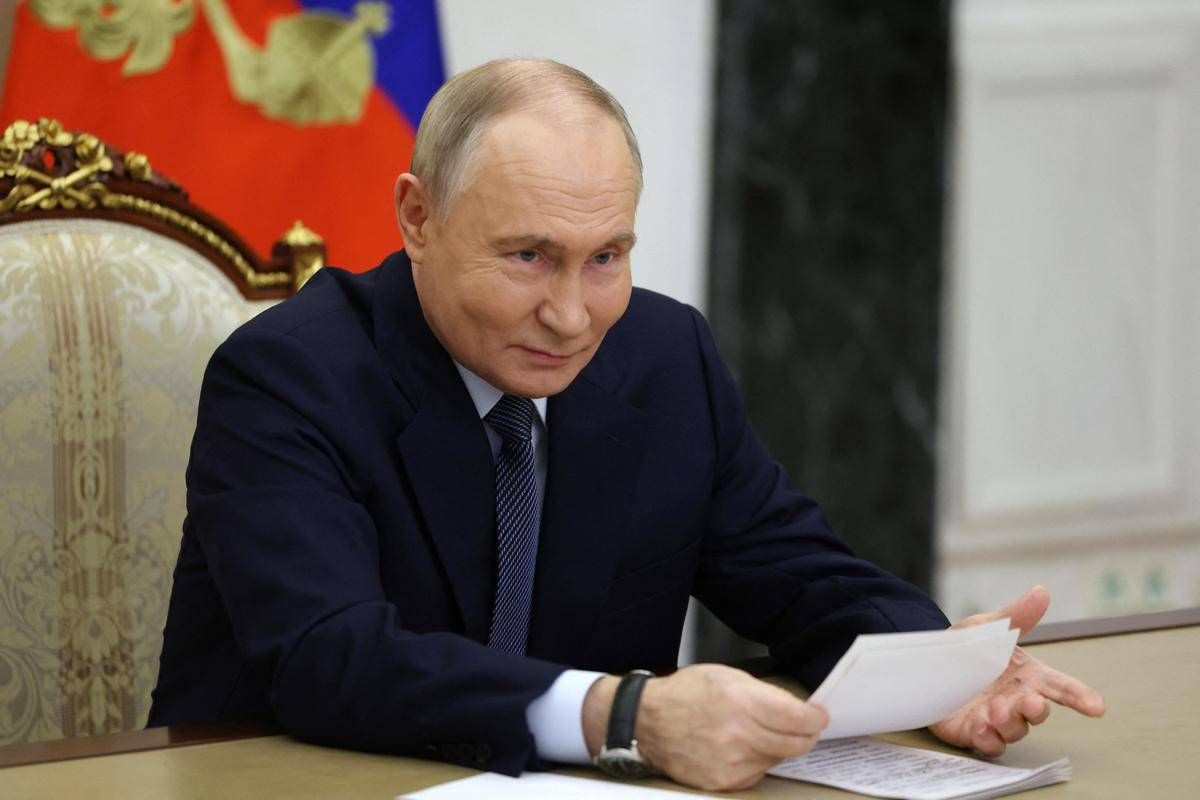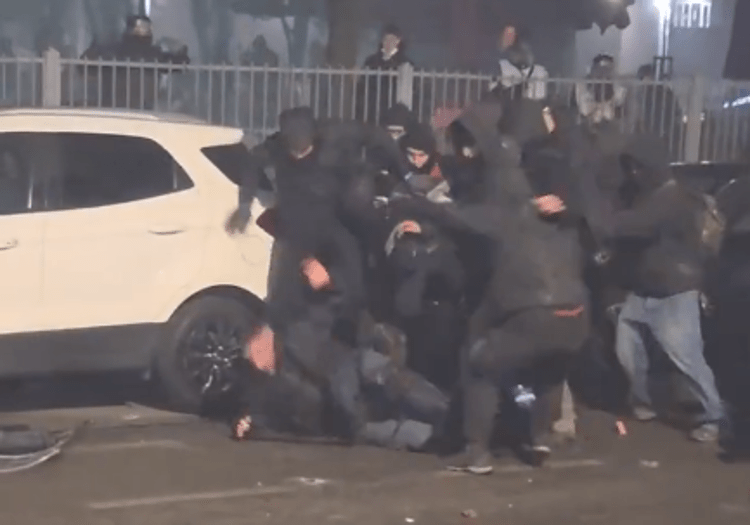
Ukraine: Nato, ‘Front moves west, will be difficult winter’
Growing Russian pressure, Secretary General Rutte calls for more military aid for Kiev to meet the challenge on the ground and protect the civilian population
The war in Ukraine, which has now been going on for over 1,000 days, seems to mark a critical moment. The front of the conflict, according to NATO Secretary General Mark Rutte, ‘is moving westwards, slowly but surely’, with Russian pressure growing day by day. This is an obvious change from the optimistic messages that until a few months ago were coming from the Alliance headquarters in Brussels.
Growing pressure on the ground
Russian forces are gaining ground more rapidly than in the past: according to NATO sources, they have gone from advances of a few metres a day to advances of up to ten kilometres on some days. The Kursk region, where Ukrainian forces had conquered 8-900 km² last August, remains partially under Kiev’s control, but the Russian counter-offensive does not stop. Moscow’s offensive operations, facilitated by its numerical superiority in men, ammunition and equipment, do not seem to be affected by the difficult winter conditions.
The Russian strategy is based on a massive recruitment of soldiers – about 30,000 per month – and intensified bombardments against critical Ukrainian infrastructure, such as power plants. The aim, according to NATO, is to weaken Ukrainian resistance and increase the pressure on the civilian population, already struggling with the rigours of winter.
An appeal to the West
Rutte made a clear appeal: ‘Kiev needs less talk about a possible peace agreement and more military aid, both offensive and defensive. Protecting the energy infrastructure is crucial to ensure Ukrainian resilience and reduce the impact of Russian attacks on the daily lives of the population. The Alliance welcomed the new military aid announced by the US, Germany and other European countries, but Rutte stressed that ‘we all need to do more’ to speed up the end of Russian aggression.
Italy, through Foreign Minister Antonio Tajani, confirmed that the tenth military aid package is ready and will be sent by the end of the year.
International escalation: the role of North Korea
Another element of concern for NATO is the involvement of North Korea. According to Alliance sources, more than 12,000 North Korean soldiers are reportedly present in the Kursk region, although there is no confirmation of their actual deployment in battle. For Rutte, this alliance between Moscow and Pyongyang poses a threat not only to Ukraine, but also to South Korea, Japan, and the United States. ‘North Korea does not offer support without getting something in return, such as money and missile technology,’ he warned.
Future unknowns: the role of the United States
The intentions of the new US President Donald Trump remain a great unknown. During a recent meeting at Mar-a-Lago, Rutte discussed with Trump the need for the European allies to increase military spending above 2 per cent of GDP and for Ukraine to secure a favourable agreement with Russia. For Rutte, the conclusion of the conflict will be closely watched around the world, as it will have global implications.
THE LATEST NEWS
-

 News18 ore ago
News18 ore agoTerremoto a Catania oggi, scossa 4.5 sull’Etna: scuole chiuse
-

 Primo Piano19 ore ago
Primo Piano19 ore agoMojtaba Khamenei Guida Suprema Iran, emergono cure per impotenza nel Regno Unito
-

 News18 ore ago
News18 ore agoTrapianto con cuore danneggiato, funerali oggi a Nola per il piccolo Domenico
-

 Meteo18 ore ago
Meteo18 ore agoClima primaverile in Italia con 20°C grazie all’anticiclone, attenzione alla nebbia





















